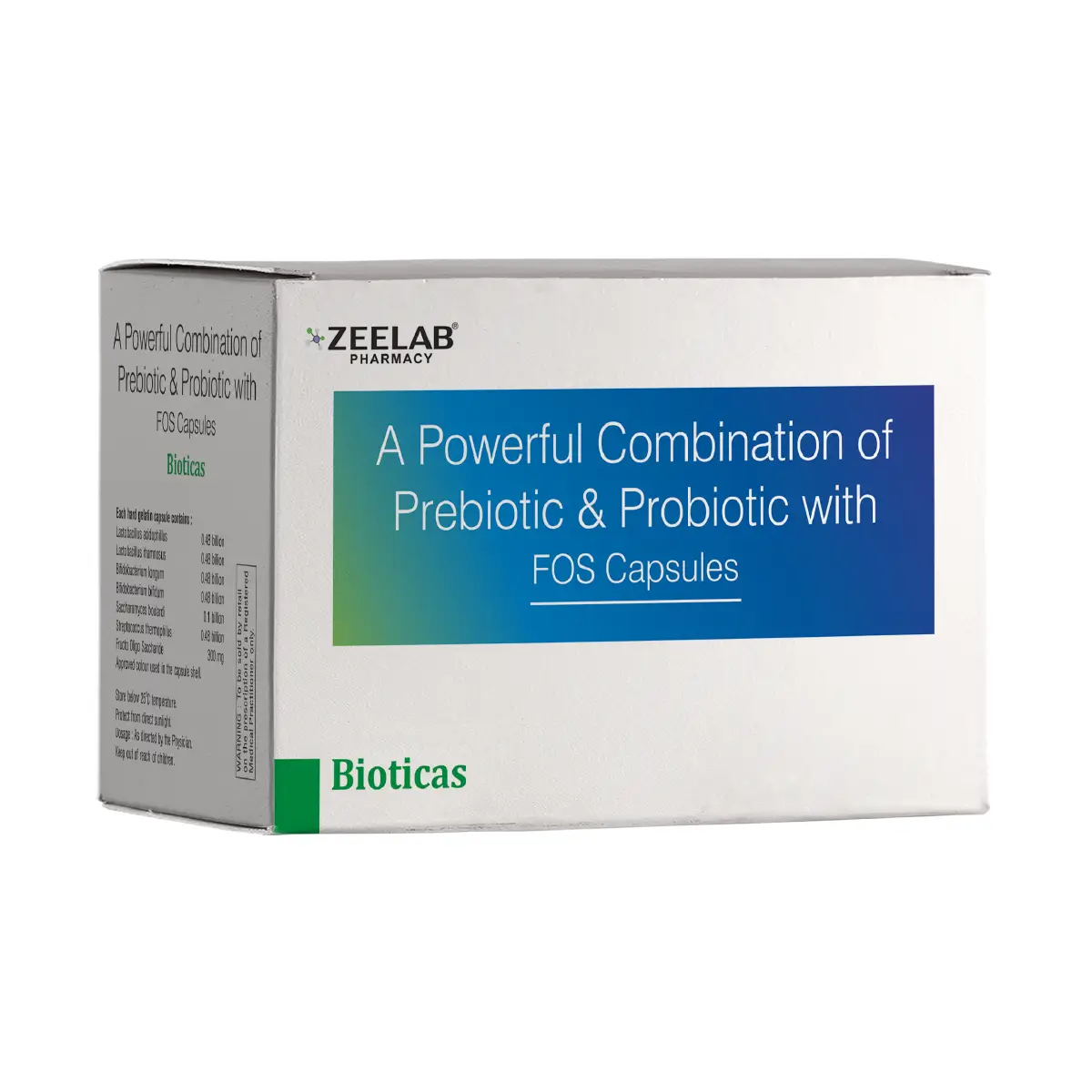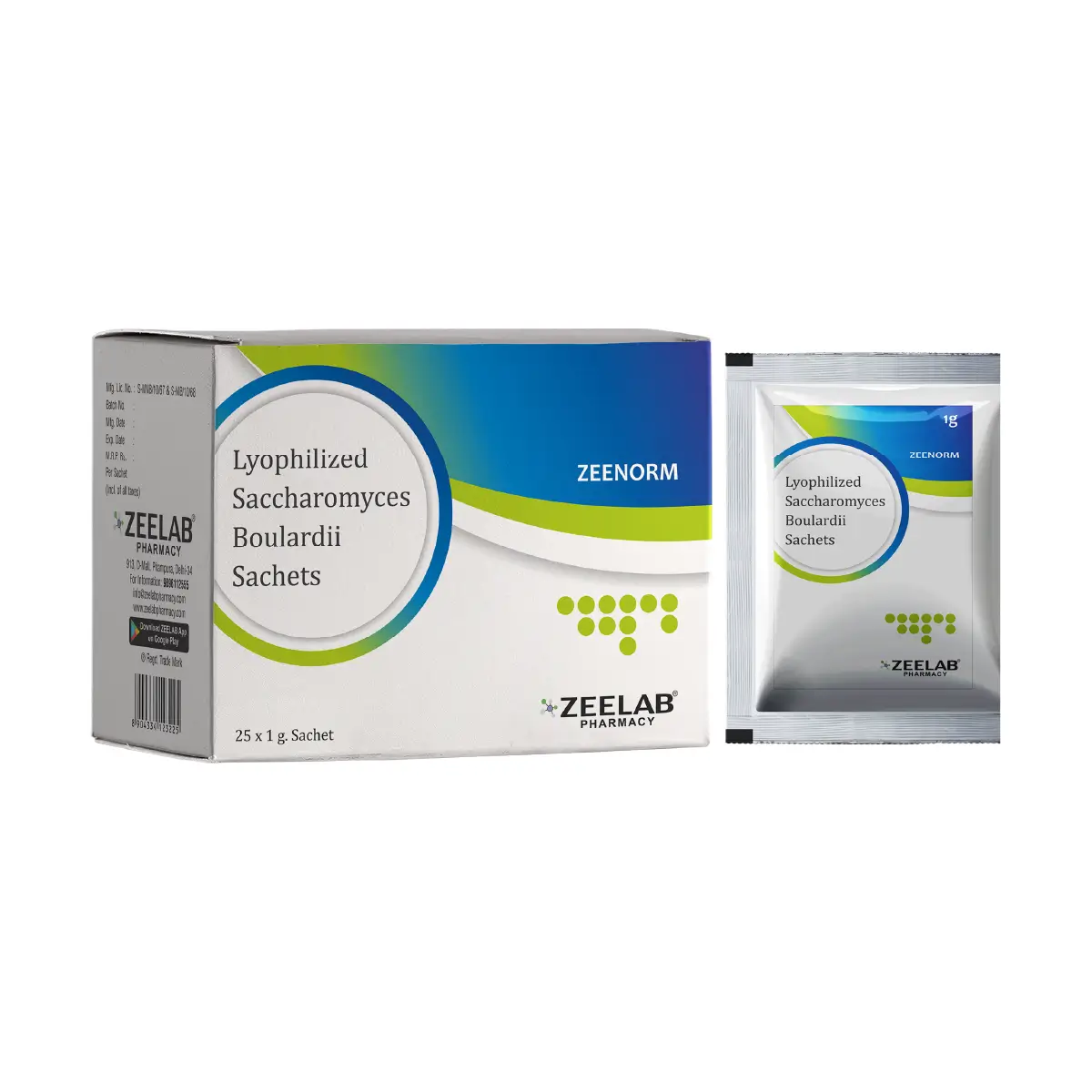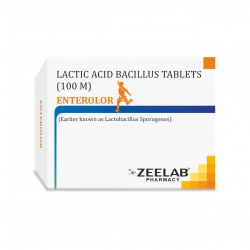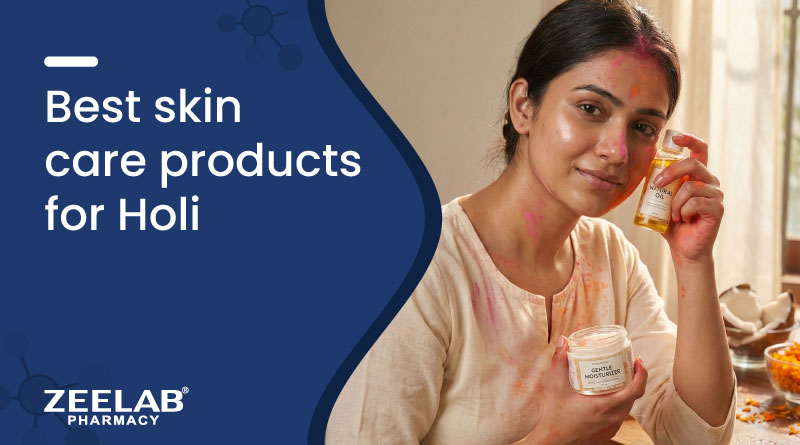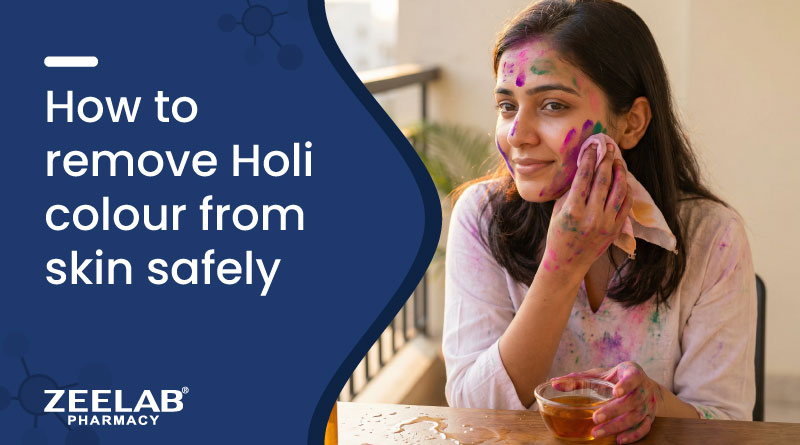Best Probiotics for Healthy Skin
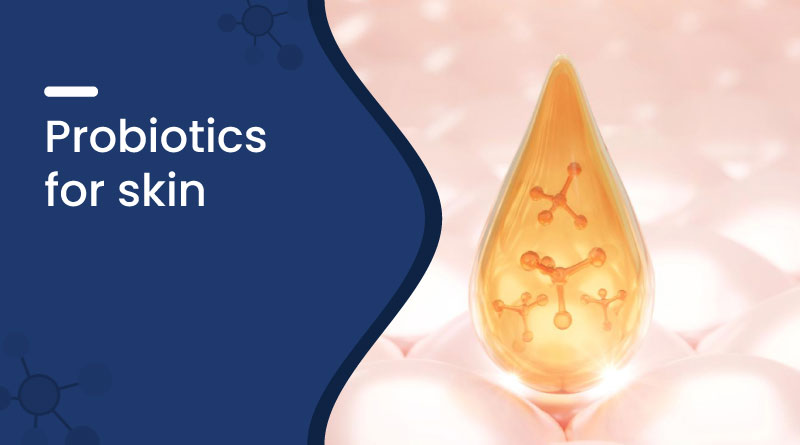

Healthy skin isn’t just about what you apply on the surface but also about what nutrients you take in your daily diet. Probiotics are one of the key internal secrets to healthy, glowing skin. These beneficial microorganisms not only support gut health but also help improve various skin conditions, making them a natural solution for many common concerns. In this blog, we will explore probiotics, how they can benefit the skin, the best probiotic foods for skin health, and much more.
How Can Probiotics Improve Skin Health?
Probiotics are referred to as “good bacteria”, primarily known for promoting gut health, but they also play a role in improving skin conditions. An imbalance in gut bacteria can lead to inflammation, which often shows up as acne, eczema, dullness, or sensitivity on the skin.
Benefits of probiotics for the skin include:
- Reduces acne and inflammation: By calming gut inflammation, probiotics can lower acne breakouts and redness.
- Improves skin hydration and barrier function: Probiotics help the skin retain moisture and build a strong barrier against environmental damage.
- May help with eczema and rosacea: Some strains like Lactobacillus rhamnosus have been shown to improve symptoms of atopic dermatitis.
- Fights premature aging: By lowering oxidative stress and boosting skin renewal, probiotics may reduce fine lines and improve texture.
- Balances the skin microbiome: Just like your gut, your skin has its own microbiome. By balancing bacteria, probiotics contribute to healthier skin.
Which Probiotic Foods Can Benefit The Skin?
Adding natural probiotic foods to your diet is an easy and effective way to nourish your skin from within. Here are some skin-friendly options:
- Curd (Dahi): Packed with Lactobacillus, it soothes the gut and supports clear, healthy skin.
- Buttermilk (Chaas): Cooling and hydrating, it supports digestion and reduces inflammation.
- Fermented pickles (homemade): These contain live cultures that aid in detoxification and skin clarity.
- Idli and dosa batter: Traditional Indian fermented foods that contain natural probiotics.
- Kimchi and sauerkraut: These fermented vegetables are packed with both probiotics and skin-loving nutrients.
- Kombucha: A fizzy fermented tea that helps flush out toxins and supports glowing skin.
- Miso and kefir: These international options are rich in diverse probiotic strains.
For better results, try to choose homemade or naturally fermented foods over store-bought versions whenever possible because the latter may lack cultures due to pasteurization.
Also read - Best Foods for Glowing Skin
Probiotic Supplements for Skin
While probiotic-rich foods are beneficial, sometimes your body needs an extra push, especially in cases of chronic skin conditions, stress, or after antibiotics. That’s where probiotic supplements come in. Consider these factors before adding supplements to your routine:
- Strain-specific benefits: Not all probiotics work the same. For skin, strains like Lactobacillus rhamnosus GG, Lactobacillus acidophilus, and Bifidobacterium longum are known to support skin health.
- Dosage matters: Look for supplements with at least 1 billion CFU (colony-forming units) per serving.
- Stay consistent: It can take 4–8 weeks for supplements to show noticeable effects on your skin.
Best Probiotics for Healthy Skin
Below is a simple table for the products mentioned:
| Product | Key Benefits |
|---|---|
| Bioticas Capsule | Treats lactose intolerance, vaginosis, diarrhea; boosts immunity; detoxifies |
| Enterolor 100 Tablet | Improves digestion; prevents diarrhea & bloating; supports immunity |
| Zeenorm Sachet | Restores gut flora; aids digestion; reduces infection & bloating |
Always consult your doctor or dermatologist before starting any supplement, especially if you have underlying health conditions or are on medication.
Also read - Probiotic Supplement in India
Can Probiotics Cause Any Harm?
Consuming probiotics is generally safe for most people. However, some may experience:
- Mild bloating or gas in the first few days as your gut adjusts
- (In rare conditions) Allergic reactions, especially in people sensitive to dairy-based probiotics
- Infections in immunocompromised individuals
To minimize risks, start with a small dose and gradually increase, or opt for food-based sources if you’re unsure about supplements.
Other Helpful Tips to Support Skin Health Naturally
While probiotics play a key role, combine them with these healthy habits for maximum skin benefits:
- Staying hydrated helps clear toxins and gives your skin a healthy, plump look.
- Eat a balanced diet: Include fiber, antioxidants, and healthy fats to support your gut and skin.
- Sleep well: Poor sleep affects the gut-skin axis and may worsen acne or eczema.
- Manage stress: Chronic stress disrupts gut health and triggers skin flare-ups.
Conclusion
Incorporating probiotics into your diet is a natural and effective way to support not just your gut but also your skin health. From reducing acne to improving hydration, these good bacteria work from within. Combine probiotic-rich foods with a healthy lifestyle to achieve clear, glowing skin. And always consult a healthcare professional before starting any new supplement.
Frequently Asked Questions (FAQs)
Q. Can probiotics help clear acne?
A. Yes, probiotics can reduce gut inflammation, which may help lower acne breakouts and redness on the skin.
Q. Are probiotic supplements better than food?
A. Both have benefits. Food-based probiotics are natural and easy to digest, while supplements offer higher, targeted doses when needed.
Q. Do probiotics help with eczema or rosacea?
A. Certain probiotic strains, like Lactobacillus rhamnosus, have shown positive effects in reducing symptoms of eczema and rosacea.
Q. Do probiotics help with anti-aging?
A. Yes, probiotics can help lower oxidative stress and promote skin regeneration, which may improve texture and reduce fine lines.
Q. Are all fermented foods probiotic?
A. No. Only naturally fermented foods that haven’t been pasteurized contain live probiotic cultures.
Q. Can I make probiotic foods at home?
A. Yes, curd, buttermilk, pickles, and fermented batters like idli/dosa can be easily prepared at home for natural probiotic benefits.
Lactobacillus acidophilus (0.48 billion) + Lactobacillus rhamnosus (0.48 billion) + Bifidobacterium longum (0.48 billion) + Bifidobacterium bifidum (0.48 billion) + Saccharomyces boulardii (0.1 billion) + Streptococcus thermophilus (0.48 billion) + Fructo Oligo Saccharide (300 mg)
10 Capsules In 1 Strip
Lyophilized Saccharomyces Boulardii Sachet (282.5mg)
1gm powder in sachet
Lactobacillus Sporogenes (100 Million spores)
20 Tablets In 1 strip
Recent Blogs
Disclaimer : Zeelab Pharmacy provides health information for knowledge only. Do not self-medicate. Always consult a qualified doctor before starting, stopping, or changing any medicine or treatment.
Related Products
Need Medicines Quick?
Share location to check quick delivery serviceability.
Change Location
Location Access Needed
Your location appears to be blocked or disabled.
Please enable the location from your browser or
device settings.

₹ 0
0
Items added
Quick Links
Categories
Our Policies
2026 Copyright By © Zeelab Pharmacy Private Limited. All Rights Reserved
Our Payment Partners

 Added!
Added!
|
|

